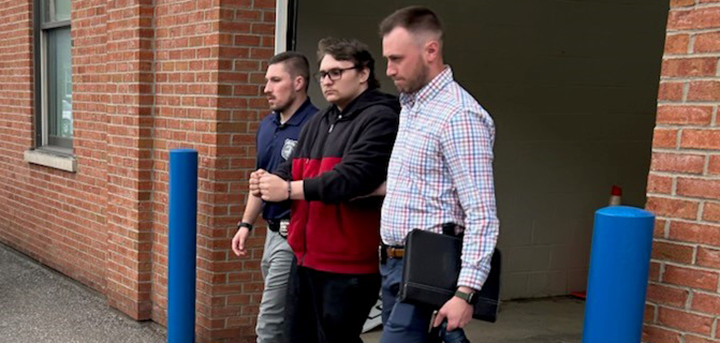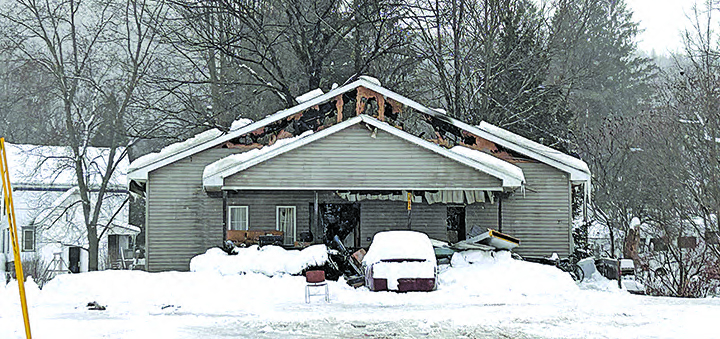Norwich dodges scheduling bullet
NORWICH – The pressure is off Norwich City Schools and other local districts who currently employ a block, semestered model to create and implement a new year-round school schedule before students return in less than a month.
“I think we dodged a bullet this year,” Superintendent Gerard O’Sullivan told members of the district’s board of education Monday night, as he relayed to them the contents of a letter he had received from Senior Deputy Commissioner of Education John King.
According to O’Sullivan, the letter confirmed there will in fact be a January Regents this year, thus allowing the district to keep its current semestered schedule at the high school.
Uncertainty about the mid-year test had sent Norwich and other districts who use semestered schedules scrambling to come up with an alternative model earlier this summer. Now those schools – which represent only a fraction of New York’s districts – have a reprieve, albeit a temporary one.
Based on King’s letter, O’Sullivan said he anticipates the January exam will be eliminated next year. To prepare for that eventuality, the superintendent said the district will continue working on an alternative full-year schedule model, which will be ready to implement for the 2011-12 academic year.









Comments